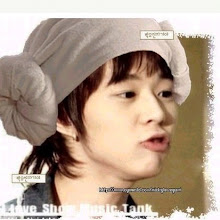
The Renaissance (French for "rebirth"; Italian: Rinascimento, from ri- "again" and nascere "be born") was a cultural movement that spanned roughly the 14th to the 17th century, beginning in Florence in the Late Middle Ages and later spreading to the rest of Europe. The term is also used more loosely to refer to the historic era, but since the changes of the Renaissance were not uniform across Europe, this is a general use of the term. As a cultural movement, it encompassed a resurgence of learning based on classical sources, the development of linear perspective in painting, and gradual but widespread educational reform.
Traditionally, this intellectual transformation has resulted in the Renaissance being viewed as a bridge between the Middle Ages and the Modern era. Although the Renaissance saw revolutions in many intellectual pursuits, as well as social and political upheaval, it is perhaps best known for its artistic developments and the contributions of such polymaths as Leonardo da Vinci and Michelangelo, who inspired the term "Renaissance man".[2][3]
There is a general, but not unchallenged, consensus that the Renaissance began in Florence, Tuscany in the 14th century.
There is a general, but not unchallenged, consensus that the Renaissance began in Florence, Tuscany in the 14th century.

Various theories have been proposed to account for its origins and characteristics, focusing on a variety of factors including the social and civic peculiarities of Florence at the time; its political structure; the patronage of its dominant family, the Medici; and the migration of Greek scholars and texts to Italy following the Fall of Constantinople at the hands of the Ottoman Turks.
The Renaissance has a long and complex historiography, and there has been much debate among historians as to the usefulness of Renaissance as a term and as a historical delineation. Some have called into question whether the Renaissance was a cultural "advance" from the Middle Ages, instead seeing it as a period of pessimism and nostalgia for the classical age, while others have instead focused on the continuity between the two eras. Indeed, some have called for an end to the use of the term, which they see as a product of presentism – the use of history to validate and glorify modern ideals.
The word Renaissance has also been used to describe other historical and cultural movements, such as the Carolingian Renaissance and the Renaissance of the 12th century.




ไม่มีความคิดเห็น:
แสดงความคิดเห็น